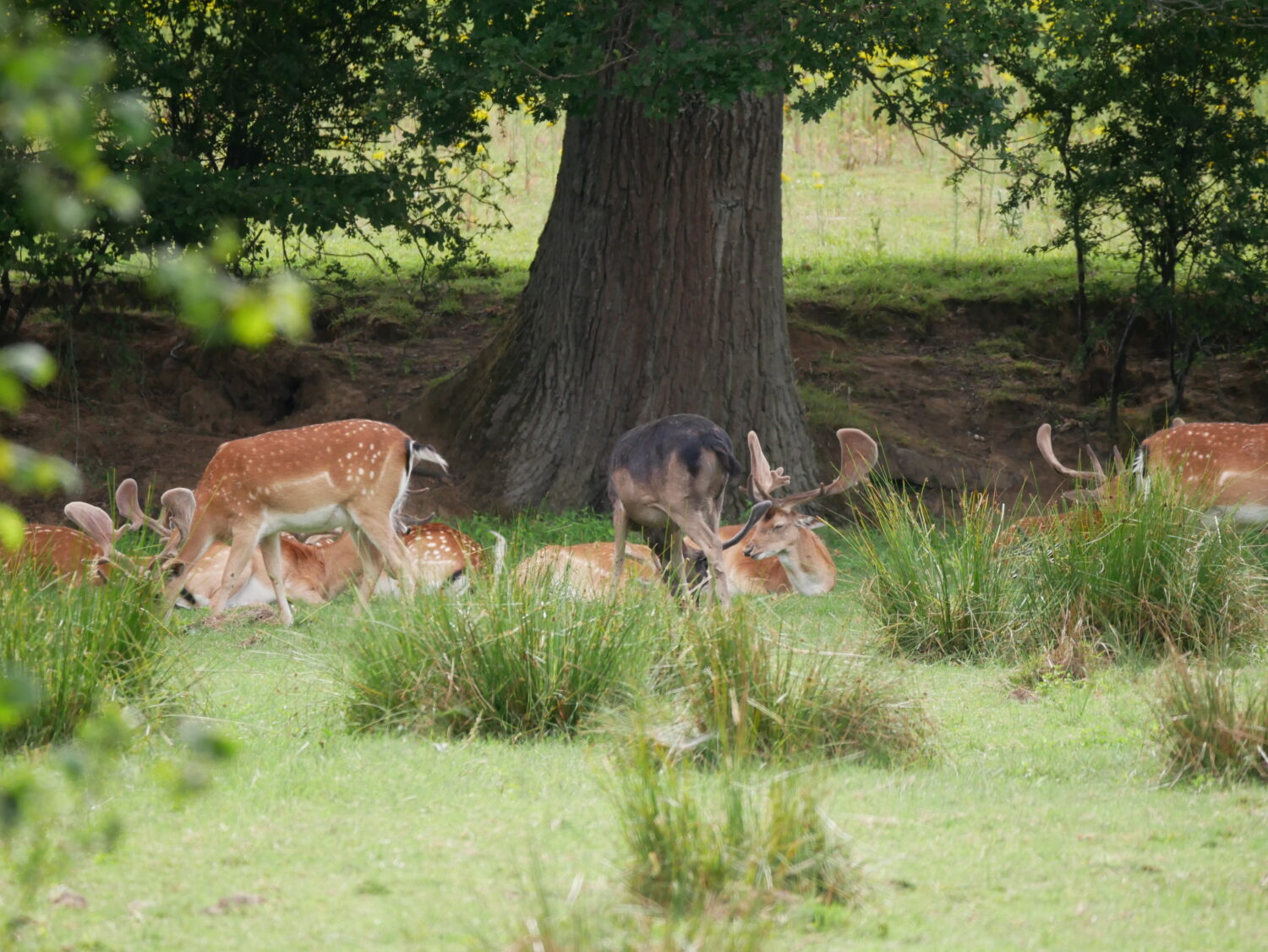For local naturalist, Keith Buchanan, a summertime break in restrictions meant an opportunity to visit the fabled Knepp Estate in West Sussex.
What would the world be, once bereft
Of wet and of wildness? Let them be left,
O let them be left, wildness and wet;
Long live the weeds and the wilderness yet.
These prescient words by Gerard Manley Hopkins could be an anthem for the 21st century. Rewilding is one mechanism through which many of us hope a wilder and more biodiverse world might be realised. During summer 2020, when lockdown restrictions were eased in the summer, I had the opportunity to visit the Knepp estate in West Sussex.
This was an extraordinary experience. This 3,500-acre estate is shuffling off the constraints of intensive farming and wildlife is blossoming. The burgeoning numbers of Turtle doves and Nightingales are startling but surely uncontroversial. More testing for the concept is the emergence of landscape elements traditionally viewed as undesirable or downright threatening. Fields of ragwort greet the walker; tangles of brambles in the middle of fields act as nurses for shrubs by protecting them from grazing. And grazing there is. Sadly we no longer have the aurochs or the tarpan but reasonable substitutes are in use: Tamworth pigs snuffle through the vegetation, Fallow Deer lie in the sun, tails twitching. Longhorn cattle add heft to this grazing activity.

Although high summer is not the ideal time for a visit – no soft purring of turtle doves – insects and butterflies were everywhere, including the exquisite Purple Emperor. It truly does demonstrate what nature can do if given half a chance. And I do mean what nature can do. This is not a micromanaged nature reserve; the owners had the courage to stand back and let nature take the helm. Although, of course, most of us don’t have the luxury of an estate to experiment with, this decision showed a lot of courage. As Isabella Tree writes in her excellent book about the project, her neighbours were often hostile abut the changes they were making on the estate. Peer pressure among farmers is a significant influence, and going against the grain takes courage. But what a result. Watching nesting White Stork juveniles stretching their wings above the Sussex countryside for the first time in 600 years is a stunning experience.
Economically, perhaps this is an interesting example of increasing profitability by cutting costs rather than increasing output, thus taking the opportunity to get off the treadmill. And the influence of this work is spreading – other groups of landowners are being inspired to take the plunge. Let us hope we start to see this approach in the North East and elsewhere. Perhaps this will be a positive outcome from an otherwise downbeat covid summer. So let us celebrate wildness with Gerald Manley Hopkins – and bring it on.